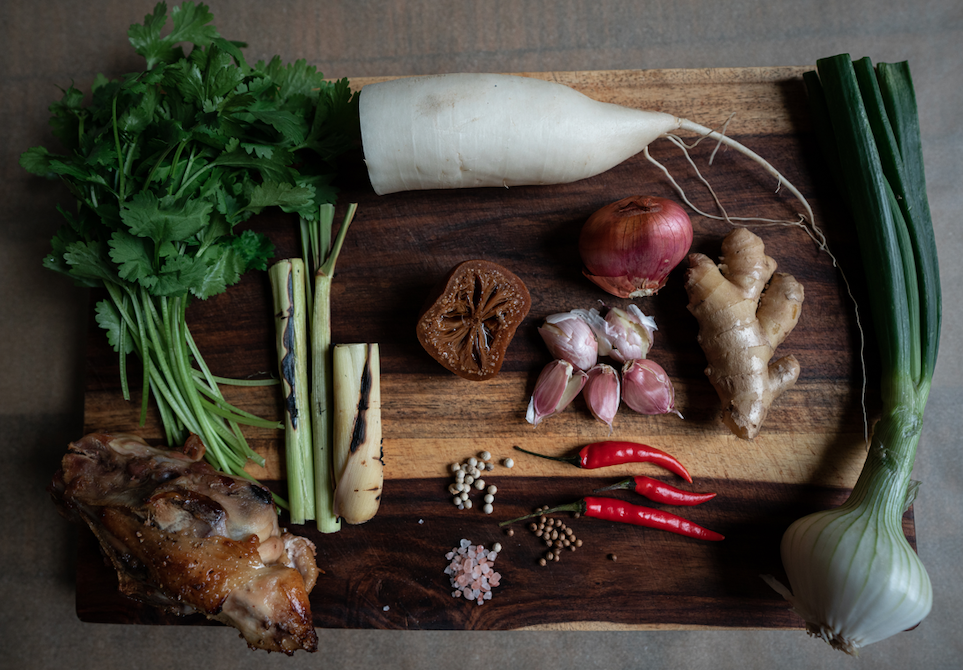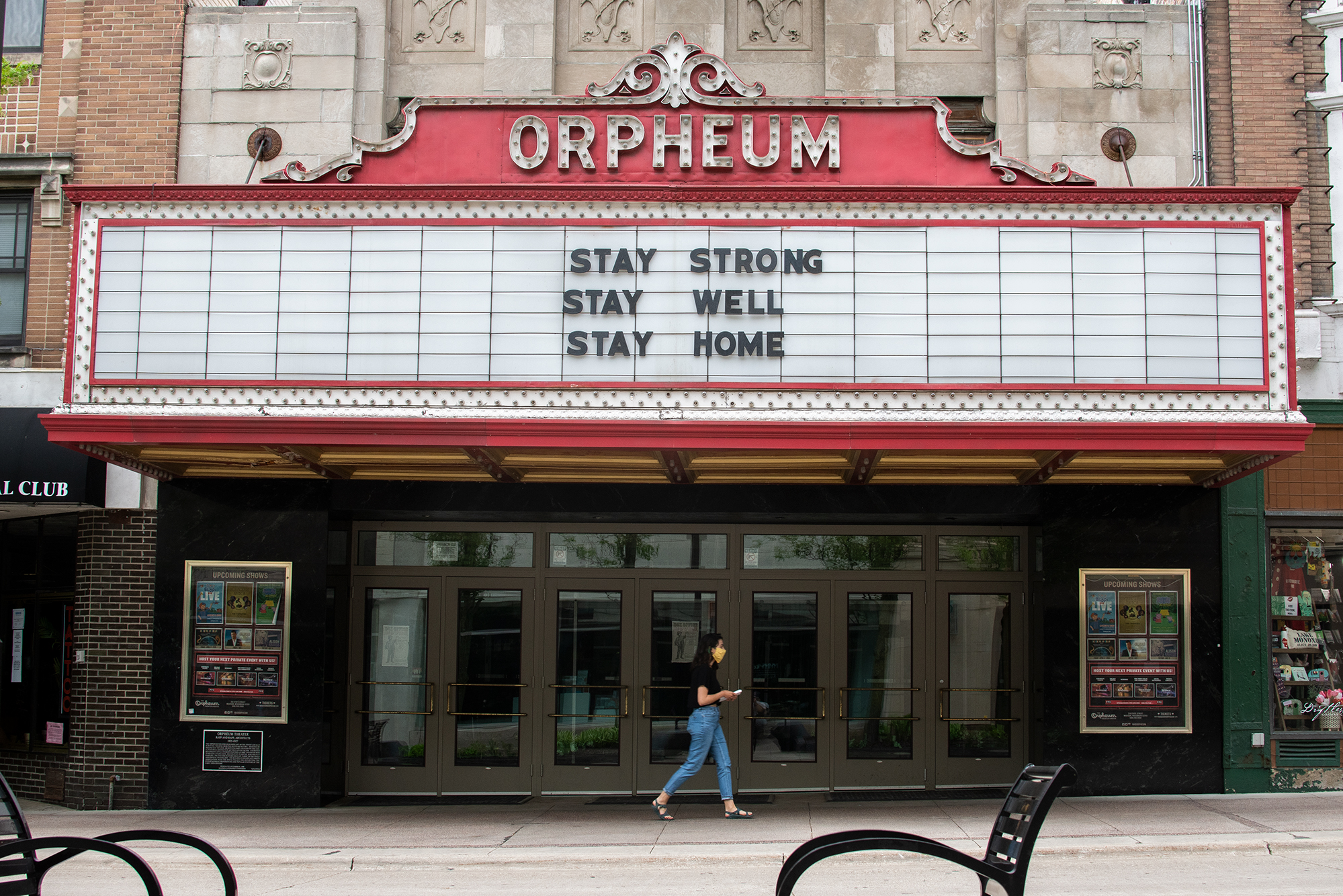
During difficult times, cooking and food can provide spiritual as well as physical nourishment for individuals and communities. "Food is care, which is also love," says Kalyanee Mam.
In an essay for Emergence Magazine, filmmaker and Pulitzer Center grantee Kalyanee Mam reflects on the ways food sustained her family through their time in Khmer Rouge work cooperatives, refugee camps, and eventually the United States. "What I learned from my mother is that food is care, which is also love. And like food, care and love are not luxuries: they are necessities, the essence of all life and our survival," writes Mam.
With the onset of COVID-19, Mam found herself caring for her ill husband and mother-in-law. She and her sisters again turned to their mother's recipes and ingredients to give strength to their respective families: "In the face of a pandemic, the first thing that came to all our minds was food and how we could nourish, nurture, and heal our bodies and the bodies of the people we love."
Mam, a Pulitzer Center grantee and Campus Consortium adviser, is also an award-winning documentary filmmaker, whose films often focus on war, refugees, and families threatened by the loss of their culture and land. Born in Battambang, Cambodia, she immigrated to the United States with her family in 1981. Her Pulitzer Center-supported project "Fight for the Areng Valley" documents the impact of hydroelectric dam construction on the Chong people of southwest Cambodia. Mam's other film credits include A River Changes Course and the shorts Lost World, Between Earth & Sky, and Cries of Our Ancestors.
To read the full story and find Mam's recipe for pickled lime soup, visit Emergence Magazine.











